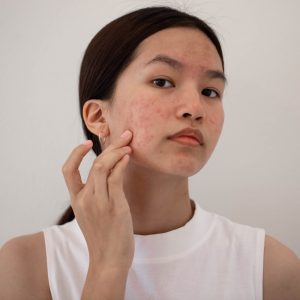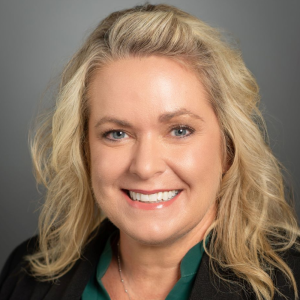Teens, Acne and Your Healthcare Team

Acne is a rite of passage for many of us, but much like anxiety and teen heartbreak, not all cases of acne are alike. Genetics play a role. Hormones can wreak havoc. And treatment is customized to the patient’s unique situation. This is why your primary provider’s healthcare team can be helpful.
“Acne affects most people at some point during their lives, usually during the adolescent years when we are hyperfocused on appearance,” said Kimberly Kish, a family nurse practitioner with Memorial Care in Sullivan and on East Maryland in Decatur. “Stress, family history, menstrual cycles, even medications – they can all play a role in acne breakouts.”
She recommends these home care tips for the first round with acne:
- Wash face daily with warm water and a gentle over-the-counter cleanser that will clean skin and remove makeup and sweat.
- Steer clear of products that may irritate the skin, like toners, exfoliants and astringents – basically, anything with alcohol.
- Avoid oily or greasy lotions and creams. Instead apply an oil-free, non-comedogenic moisturizer after cleansing.
- Hands off – resist the urge to pop, pick or squeeze acne. Skin that heals naturally is less likely to scar.
“If there is no sign of improvement after several weeks, consider talking with your primary provider,” said Kish. “We will customize a treatment based on the patient’s age and the type of acne, and it may involve a combination of oral, topical or medicated therapies. If those aren’t effective in stopping the growth of new pimples, then a referral to a dermatologist is usually the next step in the process.”
Allowing stubborn acne to “age out” is generally not an effective strategy and can result in troublesome scarring. Physicians have several options to treat acne and minimize its long-term effects.
Looking for a healthcare provider? Visit Memorial Care to view providers in our 16-county area who are accepting new patients.
